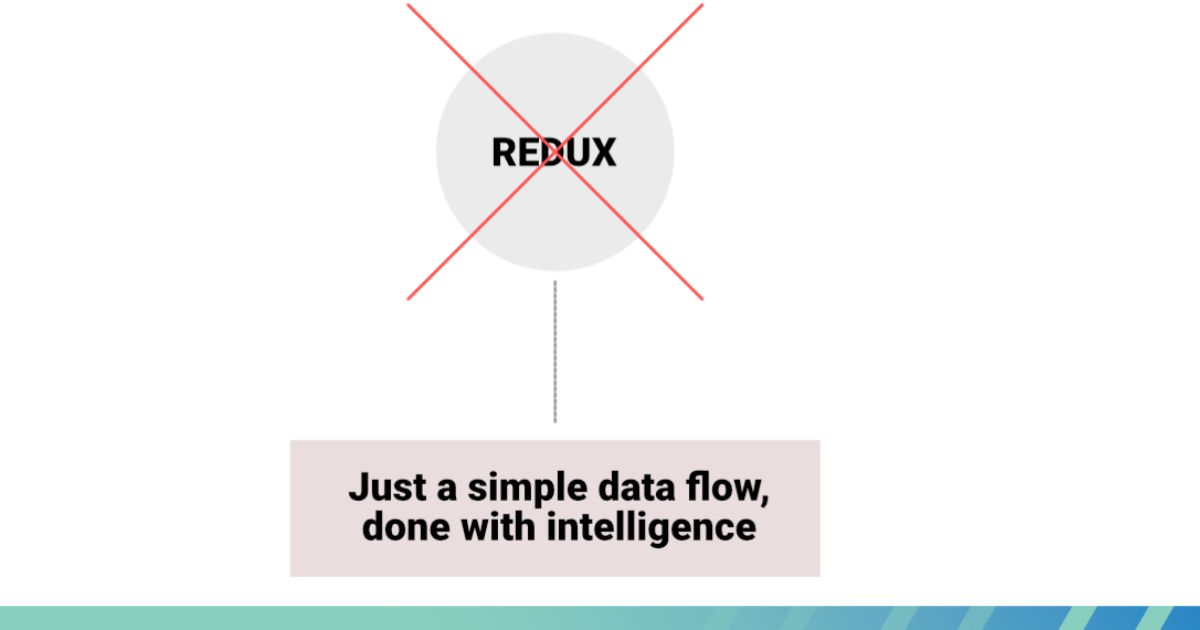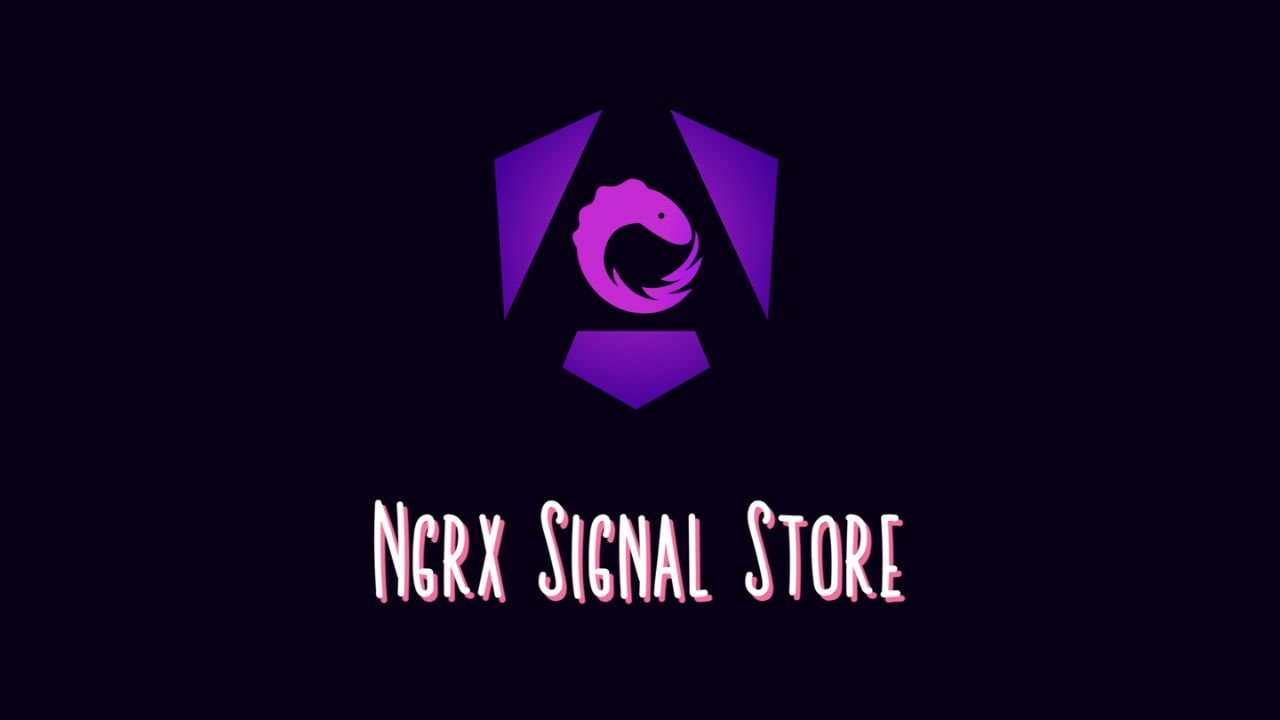Optimizing Task Management with @ngrx/signalstore
Task management is more than just creating to-do lists; it’s about efficiently organizing, prioritizing, and executing tasks to achieve desired outcomes. In today’s fast-paced world, traditional task management methods often fall short in handling the complexities of modern projects. Enter @ngrx/signalstore, a powerful state management library specifically designed for Angular applications. By leveraging the capabilities , developers can revolutionize their approach to task management, streamlining workflows, and enhancing productivity.
Understanding Task Management
Task management encompasses a range of activities aimed at effectively organizing and executing tasks to achieve specific goals. Whether it’s managing personal tasks, coordinating team projects, or overseeing complex organizational workflows, effective task management is essential for success. It involves various aspects such as setting goals, prioritizing tasks, allocating resources, tracking progress, and adapting to changes dynamically. Understanding the principles of task management lays the foundation for implementing robust solutions like @ngrx/signalstore.
Evolution of Task Management Tools
The journey of task management tools has been one of continuous innovation and evolution. From traditional methods like pen and paper to digital solutions like spreadsheets and standalone applications, the tools we use to manage tasks have evolved to meet the changing needs of users. Today, with the advent of web-based platforms and cloud computing, task management has become more collaborative, accessible, and integrated into our daily workflows. It represents the latest evolution in task management tools, offering advanced features and seamless integration with Angular applications.
Introducing @ngrx/signalstore
Is not just another state management library; it’s a paradigm shift in how developers handle application state in Angular projects. Built on the principles of reactive programming and immutability, @ngrx/signalstore provides a centralized store for managing application state and facilitates the flow of data through reactive streams. With its robust architecture and extensive ecosystem of plugins and extensions, empowers developers to build scalable, maintainable, and performant applications with ease.
Key Features of @ngrx/signalstore
Boasts a rich set of features designed to address the challenges of modern application development:
- State Management: It provides a centralized store for managing application state, ensuring consistency and predictability across components.
- Immutable State: By enforcing immutability, eliminates common pitfalls associated with mutable state, such as unexpected side effects and race conditions.
- Reactive Extensions: Leveraging the power of RxJS, enables developers to work with asynchronous data streams in a declarative and composable manner.
- Middleware Support: With built-in support for middleware, such as @ngrx/effects, developers can encapsulate side effects and asynchronous logic, keeping components pure and testable.
- DevTools Integration: Integrates seamlessly with browser DevTools, providing developers with powerful debugging and time-traveling capabilities to inspect and manipulate application state.
Benefits of Using @ngrx/signalstore for Task Management

Implementing @ngrx/signalstore in task management offers numerous benefits:
- Enhanced Scalability: As applications grow in complexity, scales effortlessly to handle increased state management requirements, ensuring optimal performance and maintainability.
- Improved Performance: By centralizing state management and leveraging reactive programming principles, minimizes unnecessary re-renders and optimizes application performance.
- Simplified Testing: With clear separation of concerns and deterministic state management, testing becomes more straightforward, leading to more robust and reliable codebases.
- Enhanced Developer Experience: Promotes a structured and consistent approach to managing application state, reducing cognitive overhead and empowering developers to focus on building features.
Best Practices for Utilizing @ngrx/signalstore in Task Management
To maximize the benefits of @ngrx/signalstore, developers should adhere to best practices:
- Normalize State: Design state structures that are normalized and denormalized for efficient data retrieval and manipulation.
- Use Selectors: Leverage selectors to encapsulate logic for deriving derived data from the store, improving performance and maintainability.
- Handle Side Effects: Use @ngrx/effects to encapsulate side effects such as HTTP requests and local storage interactions, ensuring purity and testability.
- Optimize Performance: Employ memoization techniques and optimize selectors to minimize unnecessary computations and enhance application performance.
- Monitor Application State: Utilize DevTools to monitor and debug application state changes, gaining insights into application behavior and performance bottlenecks.
Case Studies: Real-world Applications of @ngrx/signalstore in Task Management
Let’s explore how being used in real-world scenarios:
Case Study 1: E-commerce Platform
An e-commerce platform implemented to manage shopping cart state. By centralizing cart data and leveraging selectors, the platform achieved enhanced performance and scalability, resulting in improved user experience and increased conversions.
Case Study 2: Project Management Tool
A project management tool integrated for managing project tasks and timelines. With centralized state management and middleware support, the tool enabled seamless collaboration among team members and streamlined project workflows.
FAQs
Now, let’s dive into some common questions about @ngrx/signalstore:
How does @ngrx/signalstore differ from traditional state management libraries?
@ngrx/signalstore follows a reactive programming paradigm, offering superior handling of asynchronous data streams compared to traditional libraries.
Is @ngrx/signalstore suitable for small-scale projects?
While is powerful, its overhead may not be justified for small-scale projects with minimal state management requirements.
Can @ngrx/signalstore be integrated with other frameworks besides Angular?
While is primarily designed for Angular applications, it can be integrated with other frameworks using appropriate adapters.
Does @ngrx/signalstore support server-side rendering (SSR)?
Yes, @ngrx/signalstore offers support for server-side rendering, ensuring compatibility with SSR frameworks.
Is @ngrx/signalstore suitable for real-time applications?
Yes, reactive nature makes it well-suited for real-time applications requiring efficient state management.
How does @ngrx/signalstore handle complex state transformations?
It provides powerful tools like reducers and selectors to handle complex state transformations with ease.
Conclusion
In conclusion, the power of @ngrx/signalstore in task management cannot be overstated. By embracing its advanced features and adhering to best practices, developers can streamline workflows, boost productivity, and deliver exceptional user experiences. Whether you’re building e-commerce platforms, project management tools, or real-time collaborative applications, @ngrx/signalstore is your go-to solution for efficient and scalable state management in Angular projects.



